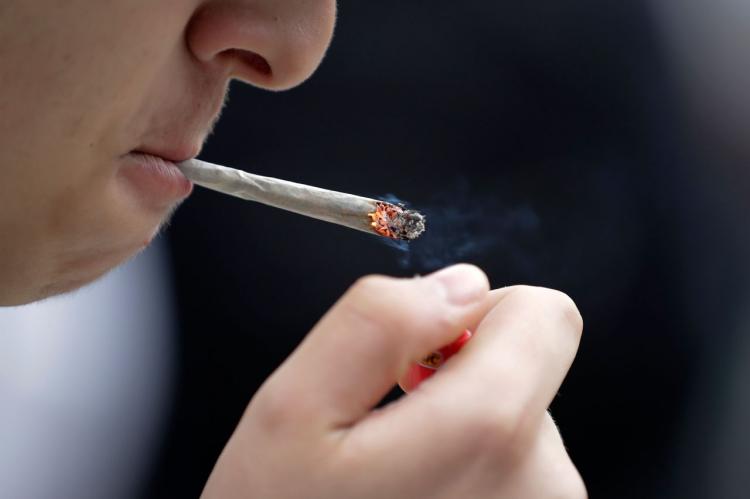New Jersey marijuana convictions could be forgiven as new bill moves forward
After months of delay, those with past marijuana offenses are again close to having their convictions cleared.
The latest expungement bill, A5981, will go before both houses for of the Legislature for a vote Monday, as the state Assembly Appropriates Committee cleared the bill on Thursday. If passed, Gov. Phil Murphy would need to sign the bill for it to become law.
In August, he conditionally vetoed an expungement bill, adding new details for a “clean slate” automated process that would clear convictions and criminal records. It also mandated creation of an e-filing system, elimination of fees and $15 million to expand the workforce needed to process expungement petitions before the automated system is ready.
The automation piece is the “gold standard” of expungement law, officials have said. Only two other states, Pennsylvania and Utah, have similar practices in place.
Police have arrested nearly 1 million people in New Jersey on marijuana charges since 1990, according to the state judiciary, making the state’s marijuana arrest rate one of the highest in the nation. If they seek to clear their records, they then must face one of the most burdensome expungement systems in the country, as reported earlier this year by NJ Advance Media.
Rather than accept the governor’s changes, Senate Democrats introduced a new bill in September, further delaying the process. Advocates criticized the holdups, urging lawmakers to act. For those who struggle to get jobs or housing due to lingering, dated charges on the records, even a few months mattered, they said.
At the time, Senate President Stephen Sweeney said the new bill largely adopted the governor’s changes, aside from a few words. He said it would go straight to the floor for a vote.
“This is a fight for social justice – for the many residents who need a clean slate," Assemblyman Jamel Holley, D-Union, said in a statement.
"This legislation forges a path to real justice for over 2,000 eligible citizens and opens the doors to them for economic opportunity and a second chance. By shifting from the current system to one that is automated and carries a lesser financial burden, we can help more people gain employment and seize the opportunities life presents them.”
Murphy said last month he would refocus his attention on expunging the records of people arrested for marijuana possession in New Jersey, after lawmakers announced they would move the issue of legalization to the 2020 ballot. He has not yet provided details.
Lawmakers have also begun talks about a bill that would decriminalize small amounts of marijuana, levying a fine instead of jail time on those found in possession of the drug. Details of that bill have yet to be made public.
- Log in to post comments

